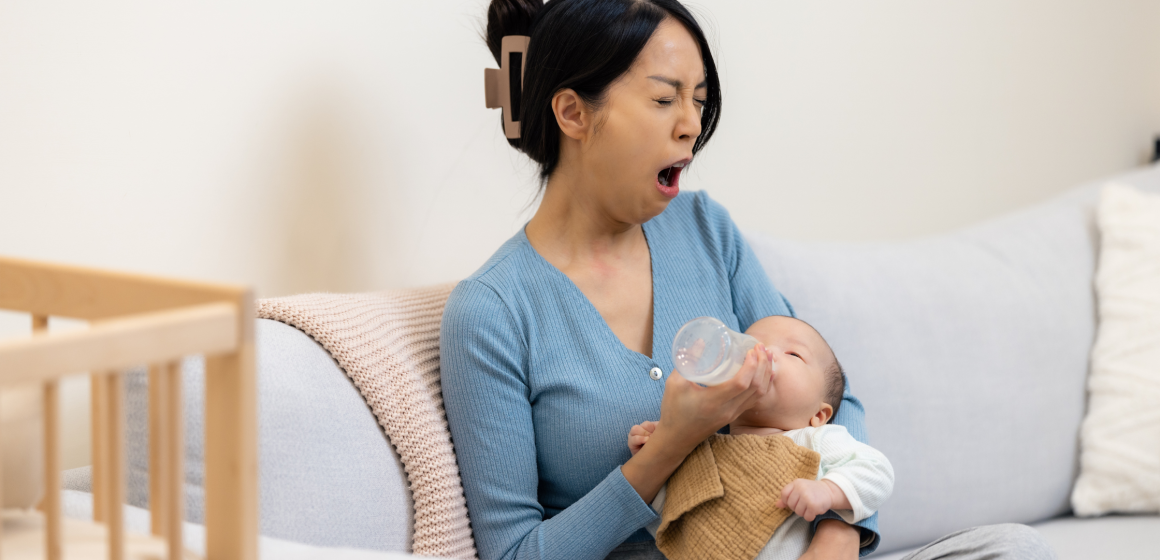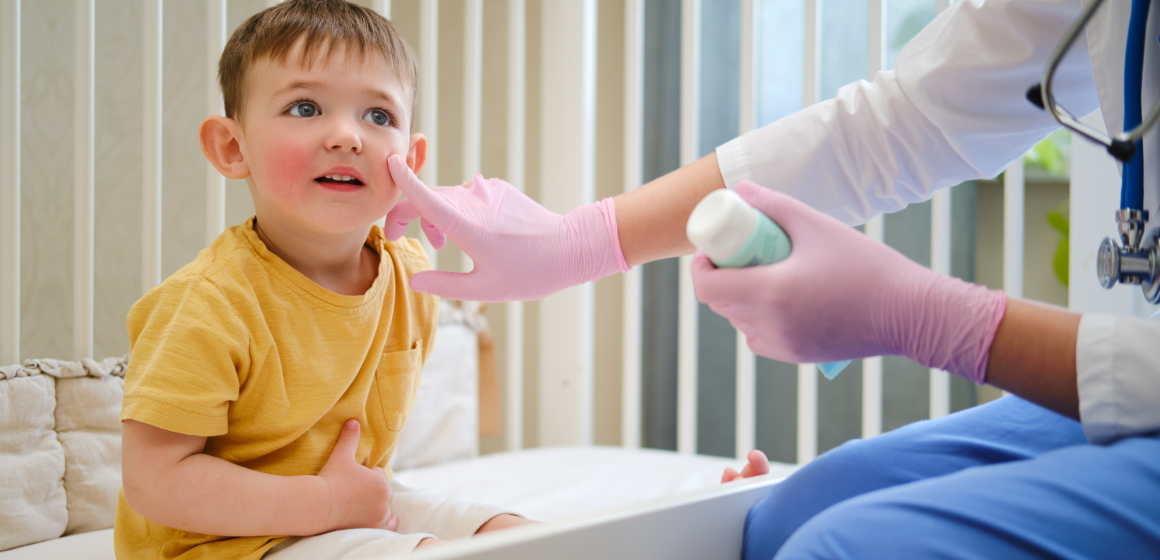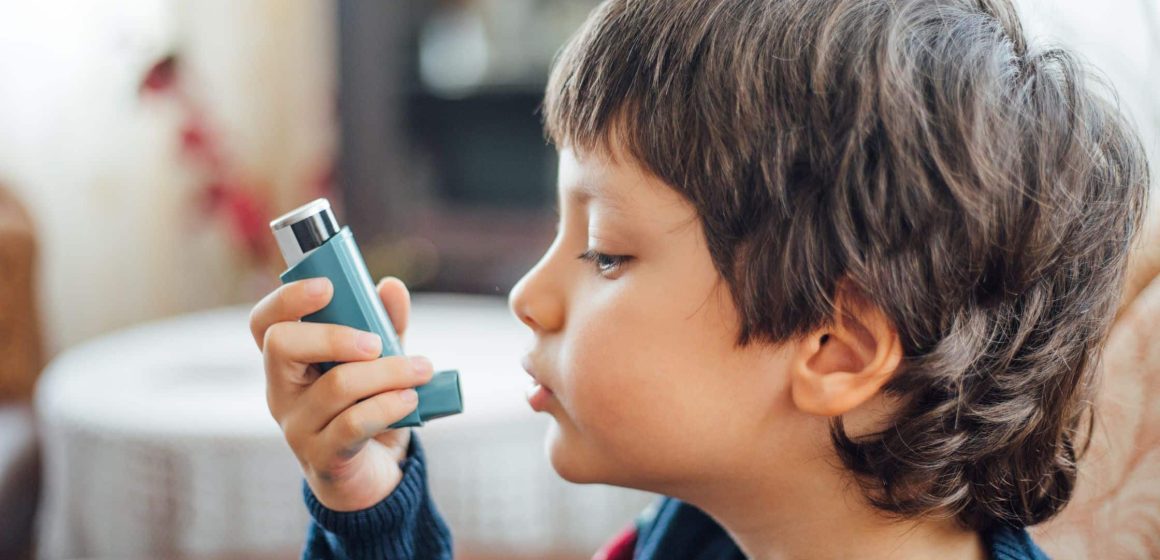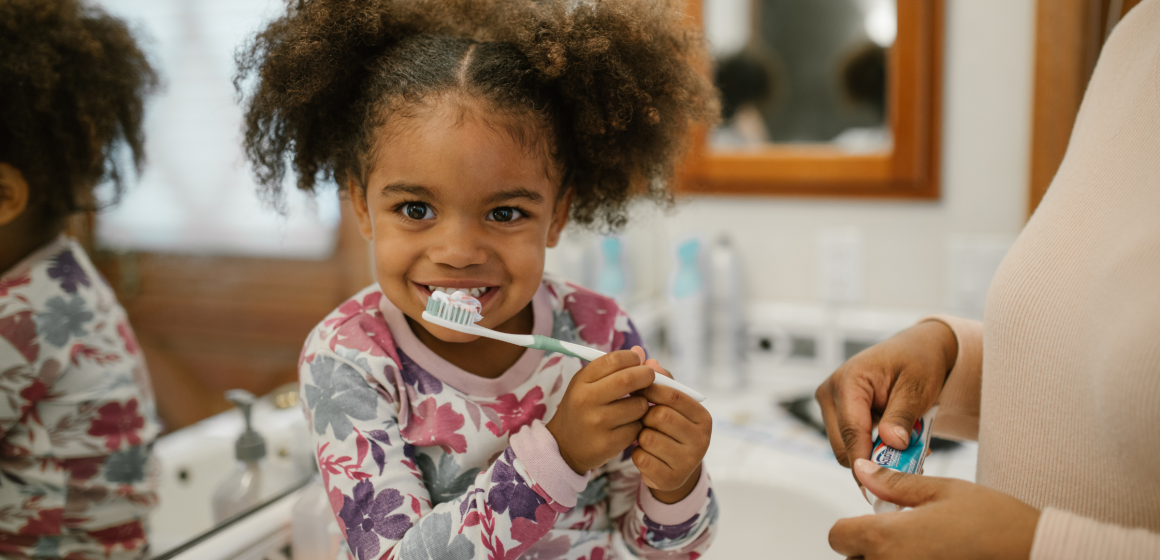Teaching Gratitude During the Holiday Season
The holiday season is a time of joy, giving, and togetherness. Amidst the celebrations, it’s the perfect opportunity to teach children about gratitude. Instilling this important value early not only fosters a positive attitude but also builds stronger family bonds and a deeper appreciation for the blessings in life.
Below are simple, practical tips and activities to help your family cultivate gratitude during the holiday season.
Why Teach Gratitude to Kids?
Gratitude helps children develop emotional well-being, improve their relationships, and enhance their overall happiness. Studies, such as those published by Harvard Health, show that practicing gratitude can lead to long-term mental and physical health benefits.
1. Model Gratitude
Children learn by observing adults. Make gratitude a regular part of your conversations by expressing appreciation for the little things. For example:
- At mealtime: “I’m so thankful for this delicious meal we get to enjoy together.”
- During family time: “I’m grateful we can spend this time playing games as a family.”
2. Start a Gratitude Jar
Create a family tradition by introducing a gratitude jar. Here’s how:
- Each family member writes down one thing they’re thankful for daily or weekly and places it in the jar.
- During holiday gatherings, read the notes aloud to reflect on the year’s blessings.
This simple activity encourages children to actively think about what they appreciate.
3. Volunteer as a Family
Volunteering is a powerful way to teach children empathy and gratitude. Look for local opportunities such as:
- Serving meals at a soup kitchen.
- Donating toys or clothes to charities like Toys for Tots.
- Writing holiday cards for residents in nursing homes.
These acts of kindness can help children understand the joy of giving back to their community.
4. Practice Thank-You Notes
Encourage your child to write thank-you notes for gifts, acts of kindness, or special moments. This traditional gesture teaches the importance of acknowledging others’ efforts and thoughtfulness.
- Make it fun: Provide colorful stationery and stickers to make the process enjoyable for kids.
- Get creative: Younger children can draw pictures as part of their thank-you notes.
5. Share Daily Gratitude at Bedtime
Establish a nightly routine where each family member shares one thing they’re grateful for that day. This practice can:
- Foster positive thinking.
- Encourage meaningful family conversations.
6. Read Books About Gratitude
Stories are a great way to introduce big concepts to children. Consider these books:
- The Thank You Book by Mo Willems.
- Gratitude is My Superpower by Alicia Ortego.
Reading together can spark discussions about gratitude and its importance.
7. Create a Holiday Gratitude Calendar
Instead of a traditional advent calendar, design a gratitude calendar where each day includes an activity or reflection. For example:
- Day 1: Share three things you’re thankful for.
- Day 2: Perform a random act of kindness.
- Day 3: Call or visit a family member to thank them for their support.
This approach adds a meaningful twist to holiday traditions.
Incorporating Gratitude into Family Traditions
The holiday season offers endless opportunities to weave gratitude into your celebrations. For instance:
- During meals: Take turns sharing what you’re thankful for before starting the meal.
- Gift exchanges: Emphasize the thoughtfulness behind gifts rather than their monetary value.
Encouraging Long-Term Gratitude
While the holidays are a great starting point, gratitude is a value that can be nurtured year-round. Encourage your child to:
- Keep a gratitude journal.
- Reflect on positive experiences regularly.
- Acknowledge the kindness of others, both big and small.
Conclusion
Teaching gratitude is one of the most valuable gifts you can give your child. By incorporating simple activities and family traditions, you can help them develop an attitude of gratitude that will serve them throughout their lives. This holiday season, let gratitude be at the heart of your celebrations, fostering joy, connection, and a deeper appreciation for life’s blessings.


















